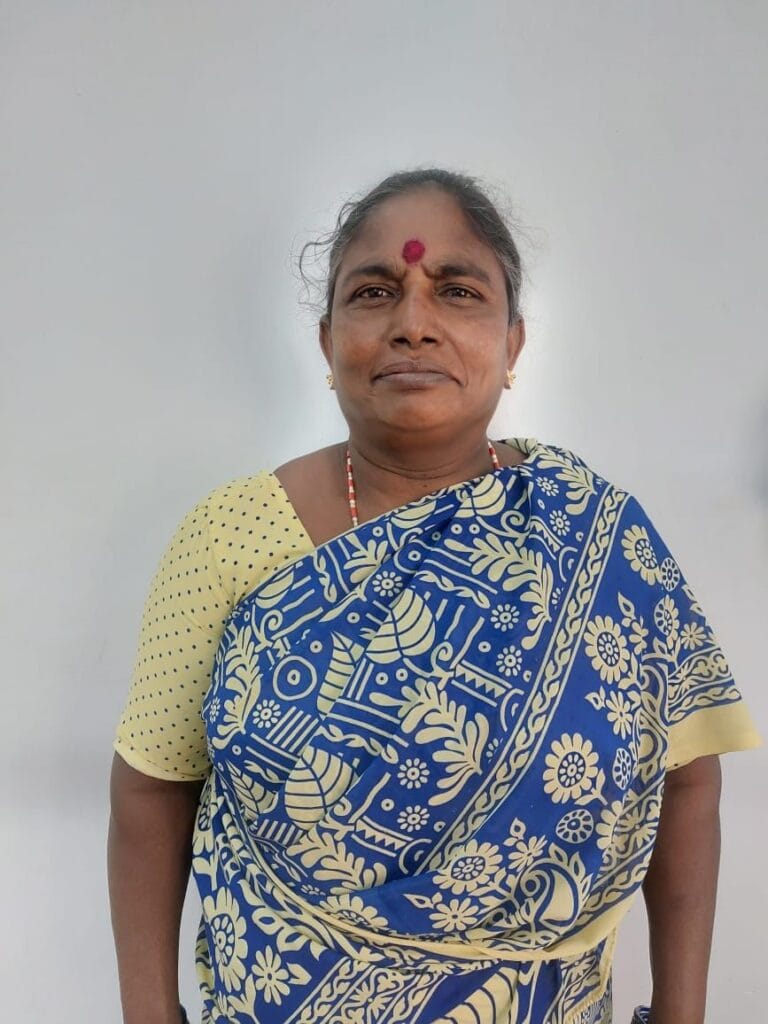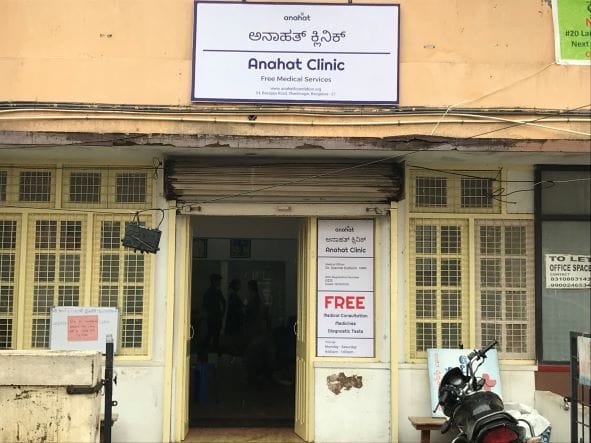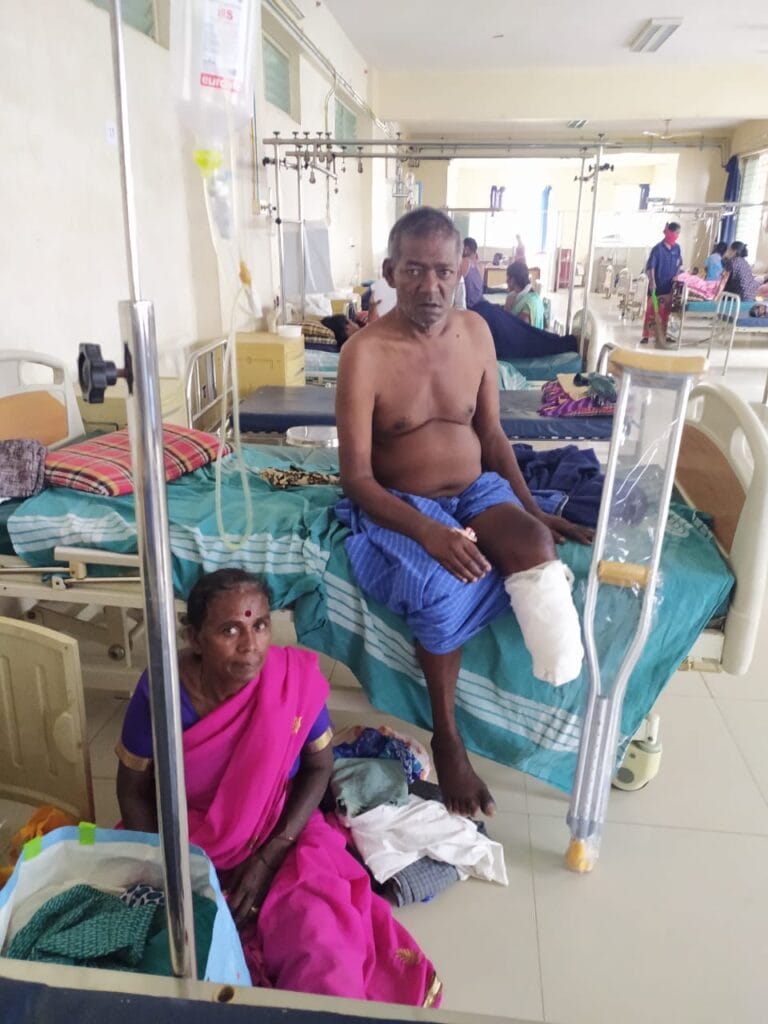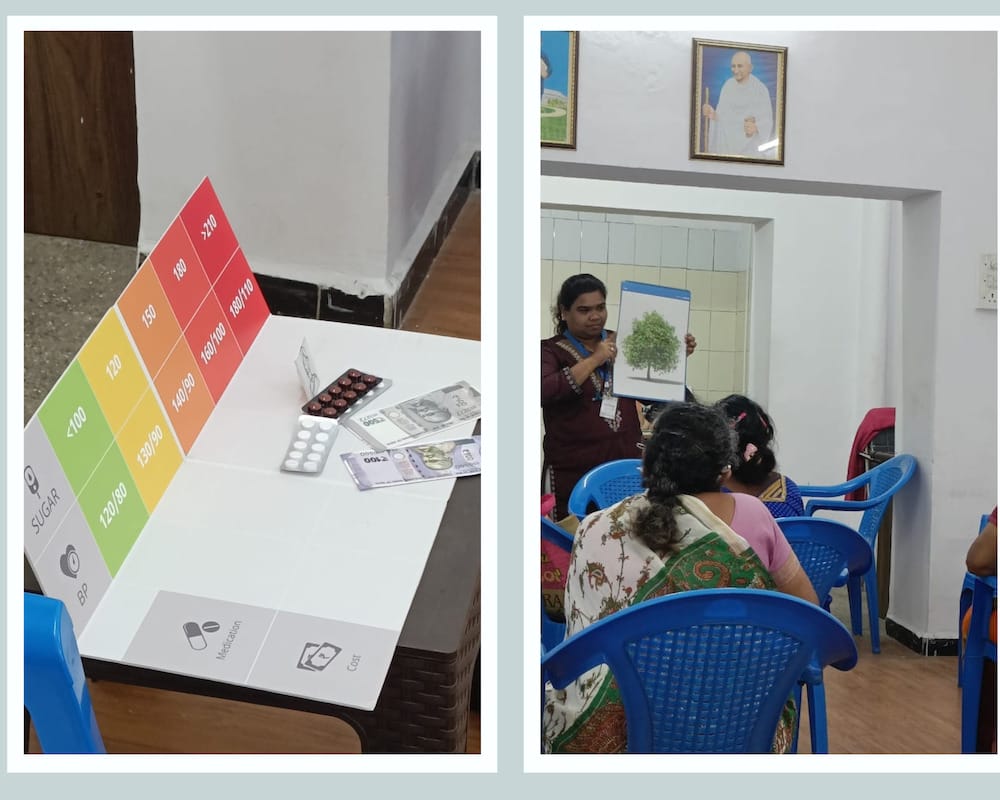Indira, a daily wage earner, came to the Anahat Clinic in Shantinagar, in December 2021 with a fasting blood sugar (FBS) level of 359 and postprandial (after eating) of 725 – both several times over the normal limits. With regular medication, sugar monitoring and slight lifestyle modifications through Anahat’s preventive health programme, Prerna, Indira’s FBS is 106 and her PPBS is 227 – both close to the normal range. This was achieved in just one year. Indira is now no longer on medication for diabetes, showing that small changes can successfully, in some cases, even reverse the disease.

Read more: Rs 155 cr already spent on Namma Clinics, but will it improve healthcare for the urban poor?
Rise of chronic conditions a cause of concern
A recent ICMR study found that Non-Communicable Diseases (NCDs) such as diabetes, pre-diabetes, hypertension, obesity and dyslipidemia are rapidly increasing in India, and are actually considerably higher than previously estimated.
The study further states that in urban Karnataka, diabetes affects more than 10% of the population, while 15% are pre-diabetic, over 30% of people have hypertension, and over 25% are obese.
As unhealthy diets and sedentary lifestyles become more common particularly in urban India, robust systems need to be put in place to ensure optimal risk factor control to effectively prevent long-term consequences. This requires sustained long-term engagement with patients to help them understand what they can do in their day-to-day lives to prevent, manage and eventually even reverse the disease.
Free primary and preventive health care in Bengaluru
Anahat Foundation, a nonprofit organisation in Bengaluru, offers free primary and preventive healthcare through its clinic in Shantinagar. Our mission is to provide high quality health services for all patients who walk into the clinic. Here are some of the services provided:
- Consultation with a qualified allopathic doctor
- Access to 100+ medicines
- Access to 70+ diagnostic lab tests
- Awareness and capacity building preventive health workshops for patients suffering from diabetes, hypertension, chronic pain and mental health issues

Over the last few years, through our hub (Anahat Clinic) and spoke (health camps) delivery model, we have served more than 15,000 patients. 70% of patients are returning patients at the Anahat Clinic, indicating an acute demand for the service, and showing the level of trust that we have built with our patient community.
Nearly one in two patients at the clinic have either diabetes or hypertension. Chronic metabolic diseases impact lower-income communities far more, because they require long-term care and medication. If care is not available, these diseases lead to comorbid complications (such as stroke, blindness, foot amputation, kidney failure etc), which drastically affect the patient’s ability to work and to sustain a household and family. Even if care is available, it is often too costly for the poor. Such chronic metabolic diseases also lead to inter-generational poverty, which is hard to overcome.
We make sure that our patients get the required diagnostic tests and medicines to control these diseases. For diabetes patients, in addition to insulin, we stock and dispense 16 different combinations of oral antihyperglycemic agents, and we stock around 21 different combinations to treat high blood pressure and cholesterol. But we don’t stop here – we strongly believe in the power of preventive health and we have developed a number of interventions that help patients prevent, manage, control, and sometimes, even reverse these diseases.

Through Prerna, we help patients modify their behaviour and implement small lifestyle changes that have an exponential impact on their health. Prerna is conducted over 12 weeks in a group setting – each week, groups of patients are taken through the different modules.
Read more: Decentralising healthcare: 108 namma clinics launched in the first phase
What is on your plate?
Nutrition, diet and exercise are paramount in the treatment of metabolic NCDs. Prerna demonstrates how patients can cut down on salt, sugar and oil in their diets, without compromising on taste. Patients learn simple stretches and exercises that they can do at home. Compliance with medication prescribed, an understanding of the causes of the disease as well as possible symptoms are also explained in detail.
We began asking patients what they were eating and at what time they were eating their meals, especially dinner. Many sent us photos of their dinner plates, which were rated and displayed in the clinic. This alone has generated a lot of discussion around what they are eating, how they can improve their diet, and how they can eat dinner earlier.
Free counselling at the Anahat Clinic
We also organise workshops to raise awareness about depression, anxiety, stress and menopause. An interesting (and touching) ‘side effect’ of our group workshops is the energising effect of the friendships that start at these sessions – it showed us how lonely the urban poor are.
Through our work, we are demonstrating how primary and preventive healthcare should be delivered to all citizens. Healthcare is a public good that is every Indian citizen’s basic right rather than a privilege. It is essential to manage the problem of rising NCDs with the help of prevention-focused interventions based on behavioural change that encourage lifestyle modifications and adoption of healthy habits.

Envisioning a partnership with the government
In the long term, we hope to partner with the government to complement their primary healthcare with our preventive health programme. Primary healthcare should be delivered by the state, which has a network of 30,000 + Primary Health Centres (PHCs) across India. These PHCs, while not without their problems in terms of infrastructure and service delivery, should be where anyone can go for their primary healthcare needs.
The Anahat Clinic’s operating model can provide a blueprint to PHCs, which can be replicated and scaled by the state. Preventive healthcare is a longer term and deeper approach, involving engaging with the community to improve health metrics through behaviour change. This is where Anahat’s strength as a civil society organisation lies, and where value can be added to the state’s delivery of primary health care.
Anahat Clinic details
Website: www.anahatfoundation.org
Timings: The Anahat Clinic is open Monday to Saturday, from 9 am to 2 pm. The clinic is closed every second and fourth Saturday of the month
The clinic staff speak Kannada, Tamil, Hindi and English
Phone number: Anahat Clinic +91 74831 53011
Workshop details: Prerna workshops for diabetes and/or hypertension patients are conducted every Thursday and Friday at 2 pm at the Anahat Clinic. For more details on how to benefit from and participate in these as well as other Preventive Health workshops on mental health and chronic pain management (physiotherapy), please email rani@anahatfoundation.org and/or priya@anahatfoundation.org.